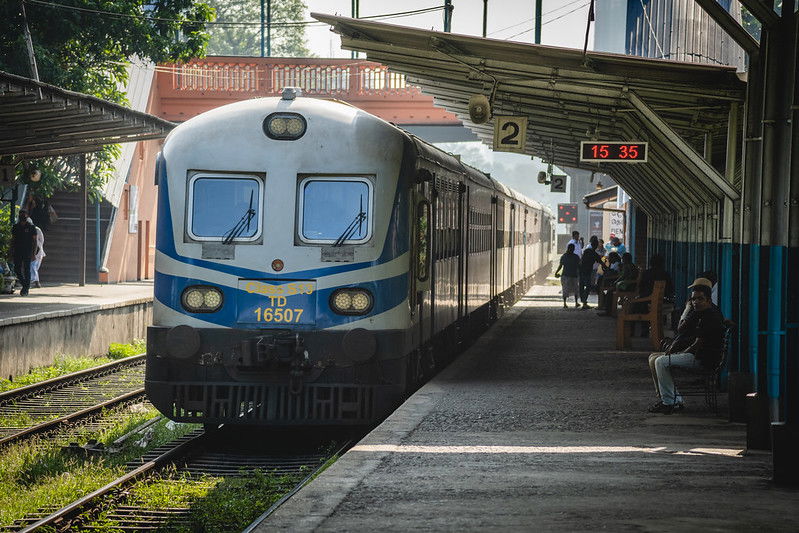How to Get Around in Sri Lanka - An Informed Guide For Your Travels
When in Sri Lanka, there is a wide range of accessible options for transport, each with its advantages and safety considerations. In addition to this, staying connected with the resorts where you're staying is essential for conveniently getting around the island. This guide aims to keep you alert and comfortable with all the situations you may encounter during your stay in the Pearl of the Indian Ocean.
Taxis
In Sri Lanka, the taxi system is generally common, especially in cities like Colombo and Kandy. It is recommended to use metered taxis or book through reputable services as some cab drivers will try to haggle out unfair prices. Paying with cash is the norm, so make sure to have some in hand. Tuktuks are a beloved mode of transport, but it is sometimes important to make sure that the vehicle is in operable condition and that the driver is licensed. Remember to negotiate or agree on a fare before starting your ride, that is if the Tuk is not metered. Ride-hailing applications like Uber (available in some cities) and the locally owned PickMe are widely used. These are safe and often more dependable than grabbing a taxi right off the street. For further assured safety, always make sure to confirm the driver’s details and registration number before getting into the vehicle. If possible, share your ride details with a family member or friend.
Private Drivers
Resorts in Sri Lanka will commonly offer private drivers or a guide with a vehicle as it is a popular and stress-free option for many tourists. Most hotels and/or tour operators may offer to conveniently arrange this for you. This accessibility will deliver you a more comfortable opportunity to explore the island at your own pace. Aitken Spence Hotels is one particular hotel chain that will offer you a wide variety of options as one of their sister companies possesses an experienced transportation fleet that prioritises luxury, comfort, and convenience. Moreover, you can typically arrange for a driver to speak in English or the language you prefer, and the hotel may provide you with one if available. Wherever, always wear your seatbelt, even in the back seat. Keep your valuables secure and within view.
Public Transportation
Sri Lanka has a packed bus network, but public buses can definitely be claustrophobic, and safety might not always be the most guaranteed. Express buses are much faster, which, in many cases, is recommended. It is best to avoid travelling on buses during rush hours (4 pm-7 pm) if possible. Additionally, train travel is a popular option, especially if you're travelling between cities like Colombo and Kandy, or to the beaches on the southern coast. However, first-class tickets are recommended for more comfort and safety, especially on busier routes. Remember to board trains at designated stations and avoid travelling in compartments that seem overcrowded, typically during office hours.
Driving a Car or Scooter
If you plan to drive yourself, you will require evidence that you are an International Driving Permit holder, which is also on par with your home country’s driver’s license. It is important to recognise that Sri Lankan road manners can differ from Euro-centric laws, and streets can be hectic. Vehicle rental providers can be found mostly in tourist hubs. Note that respecting the law is essential. If you plan to ride motorbikes or scooters, do wear a helmet. Many roads outside more metropolitan cities can be in shabby condition, with potholes or no lane markings. Avoid driving at night if you're not familiar with the area.
Be in Contact with Your Resort
Make a note of the resort's phone number, email address, and any emergency contacts as soon as you get there. You can ask the front desk for assistance in making arrangements if you have specific questions about neighbouring sights, food choices, or activities. A great deal of resorts also include tour desk services where you may schedule a concierge, transportation, activities, and excursions. Asking the resort about suggested trips and trustworthy businesses is recommended! That being said, If you happen to run into an inconvenience or trouble, it is noteworthy to remember that emergency services are always available around the clock.

